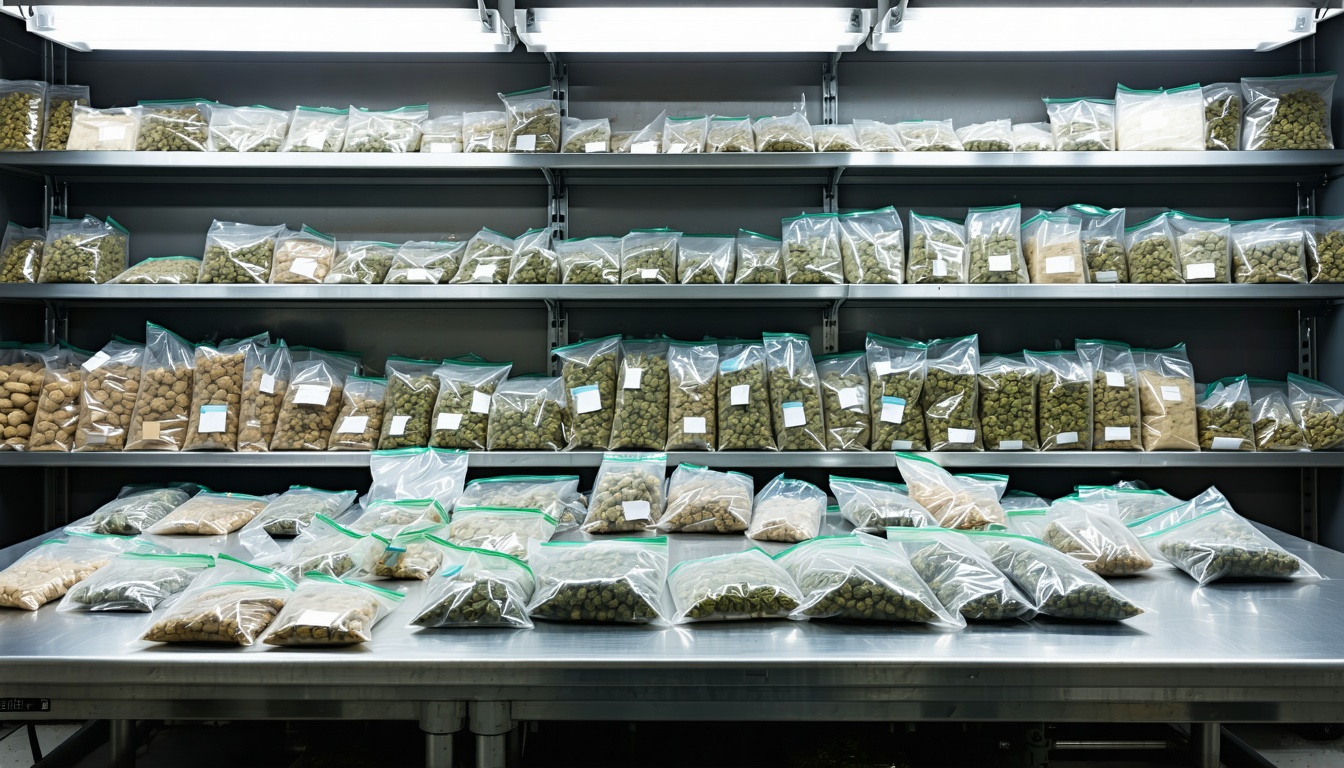The National Academies of Sciences, Engineering, and Medicine has issued a report urging the federal government to take immediate action to address the growing risks associated with cannabis use. The report highlights the need for policymakers to prioritize public health over profit, as the current patchwork of state-by-state legalization has led to a largely unregulated industry.
The report emphasizes that the federal government can take action without passing new laws, such as developing a research agenda to learn from other harmful products like tobacco and alcohol, and establishing a public health surveillance system to track the impacts of cannabis use.
One of the key concerns highlighted in the report is the increasing potency of marijuana products, which has led to a higher risk of adverse effects. The report also notes that there is a lack of oversight of THC amounts in products like vape pens and cannabis oils, which can contain high concentrations of the psychoactive ingredient.
Furthermore, the report warns that the 2018 Farm Bill, which removed hemp from the Controlled Substances Act, has inadvertently opened the door to dangerous, intoxicating products. The report recommends that Congress refine the definition of “hemp” to clarify that no form of THC or semisynthetic cannabinoid derived from hemp is exempt from the Controlled Substances Act.
The report also calls for the Centers for Disease Control and Prevention to develop best practices to limit youth access to cannabis, and to lead public education campaigns to raise awareness about the proven harms of cannabis use. Additionally, the report suggests that the CDC could lead research into how law enforcement can gauge impairment and reduce cannabis-impaired driving.
Overall, the report emphasizes the need for the federal government to take a more proactive role in protecting the public’s health, rather than ceding authority to the states. By taking these steps, policymakers can help mitigate the risks associated with cannabis use and promote a safer, more responsible approach to the industry.












